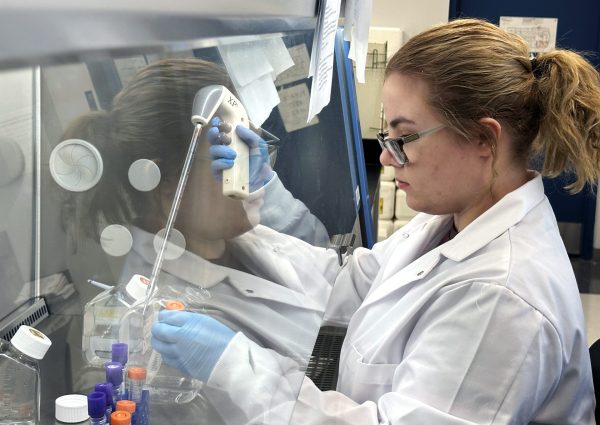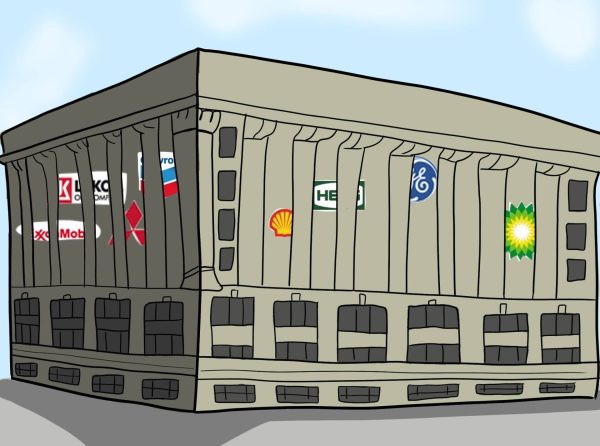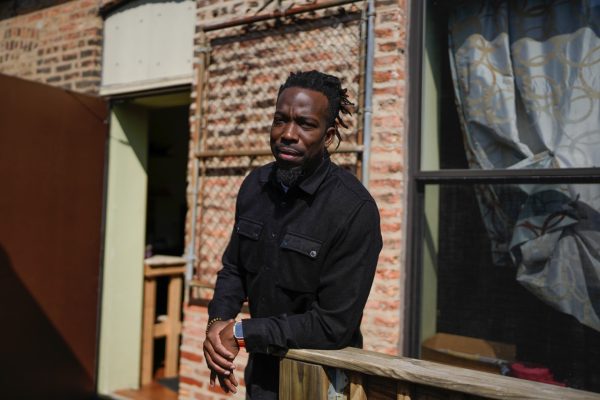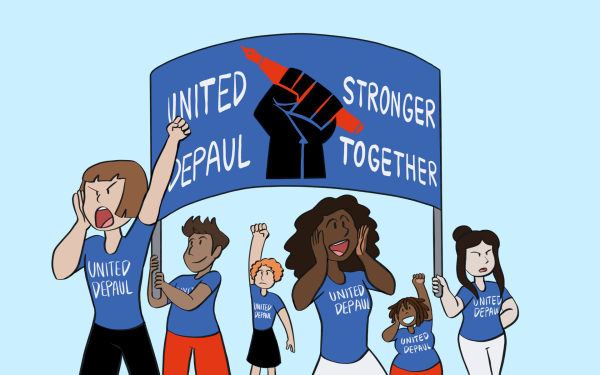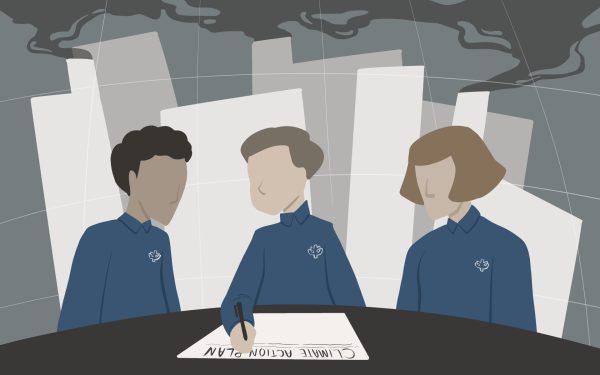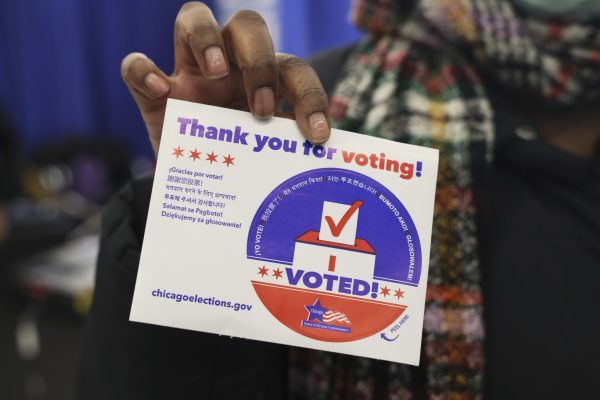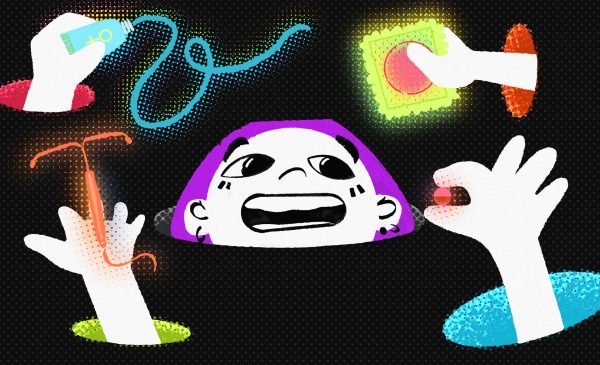Day of the Dead celebrated by more than Mexicans
Mexican Catholics are not alone believing that souls return to Earth on Nov. 2 each year to rejoin their families.
Indian Catholics also observe the tradition and make special meals for their version of All Souls’ Day, or The Day of the Dead.
The celebration combines Catholic and Mexican cultures, and celebrates ancestors who have died.
While the Day of the Dead in Mexico is a happy and fun-filled celebration, Catholics in India look at All Soul’s Day in a slightly different light.
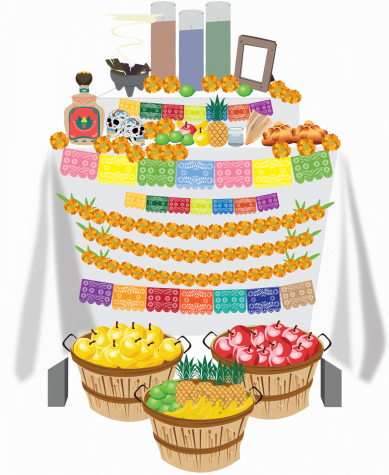
Those who celebrate Day of the Dead often decorate ofrendas, ritual altars decorated with personal items meant to invite the spirit of their lost loved ones.
“We go for Mass and offer prayers for the souls of our dead family members, and we cook their favorite dishes in hopes that they come to visit us,” said Preethi Dsouza, 40, of Mumbai. “It’s a big day for us because we believe that God opens the gates of purgatory for 24 hours so that our departed ancestors can come back to Earth. It’s not really a celebrational day. It’s a day of remembering and praying.”
Yet a Catholic priest in Chicago says whether Day of the Dead is authentically Catholic is a tricky issue because the church embraces multiple expressions of the afterlife.
“I would say that any prayer for those who have died is authentically Catholic,” said Father Dan Borlik, a priest for 42 years who is a priest chaplain at DePaul University Catholic Campus Ministry and a former missionary in Guatemala and Mexico. “I believe that the Mexican celebration captures that beautifully.”
“Have a picnic, remember the deceased, celebrate their lives, and pray for them,” he said.
Borlik noted that Christianity’s belief in the afterlife relates to age-old questions such as, “Who are we? Why are we here? And what happens to us after we die?”
This dimension is closer to mysticism and contemplation than it is to doctrine in clearing answers, Borlik said.
“This doesn’t mean that there are no clear answers, but they may not depend on official doctrine,” Borlik said. “They can well depend on people’s beliefs and practices.”
Religious beliefs expressed on a folk or popular base can be very mystical and deeply felt and often more interesting than theological or doctrinal expressions of Christianity, Borlik said.
Pre-Hispanic cultures like the Mayans didn’t fear death. Irene Hernandez, 28, who is Catholic, said they remembered their ancestors by preserving the possessions of the dead and their skulls. When the Spanish came to Mexico, the evangelizers let the local people keep their tradition, but incorporated the Catholic understanding of the afterlife.
For Mexicans, because of the pre- Hispanic traditions, death is a casual thing.
“We celebrate it,” Hernandez said. “It is not something to be afraid of, contrary to the Christian understanding of death. The festive part of celebrating death is more of a Mexican or Latin thing. Christians fear death a little bit because of the notion of going to hell.”
Borlik believes the tradition of having altars for the dead “…was always a part of our practices. It was not something that was introduced by outside cultures. These beliefs were always there but their expression changed over time.”
Originally, early Christians had to live underground because they were persecuted and targeted. And so, the practice of the Christian faith had to be done subtly and, in most cases, underground in catacombs.
Early Christians during the persecution would bury those killed and would celebrate their lives in the tombs. This was the beginning of the custom making the altar the actual the tomb of an ancestor or family member.
“As Christians, because we believe in life everlasting because of the resurrection, this was always an important belief,” said Borlik.
All Souls Day is like the Christian version of Day of the Dead, where Christians pray that the souls of the dead go to heaven.
“We intercede for the souls,” Borlik said. “Any obstacle because of their past lives that might prevent them from eternal life can be forgiven through our prayer. So, on All Soul’s Day, we pray for those souls to join the Lord.”
“The Day of the Dead is an authentically Mexican Catholic expression of faith and their experience of life after death,” Borlik said. “It can teach a lot of people about the Resurrection and our duty to our ancestors.”


